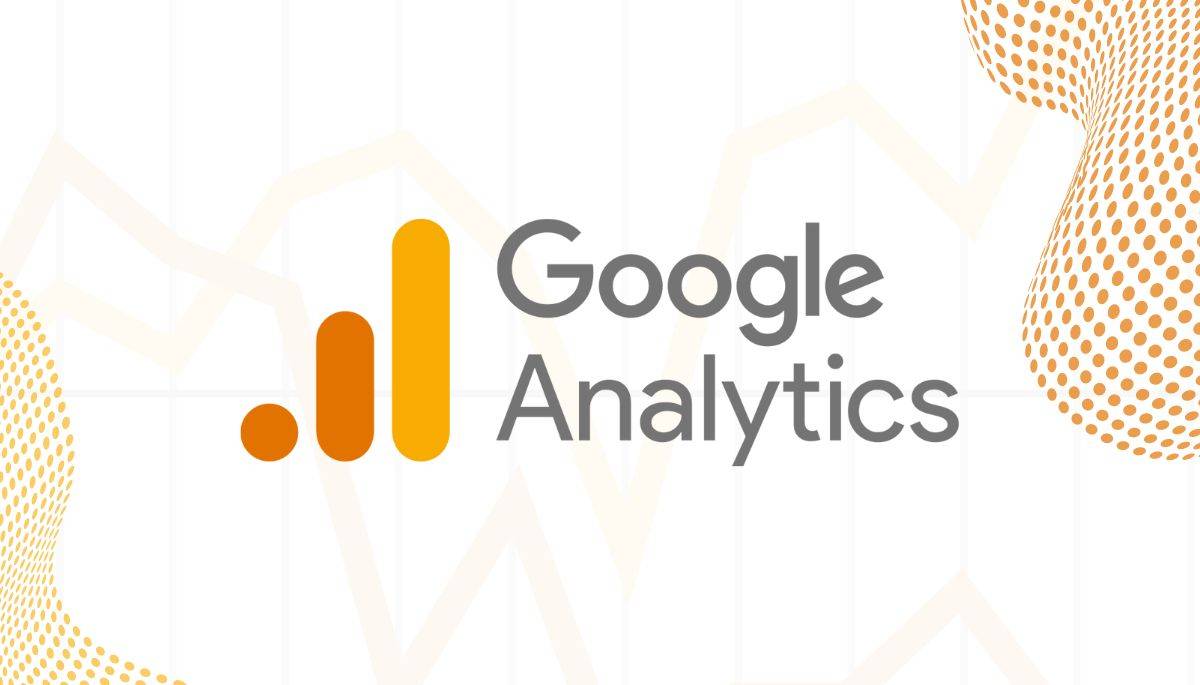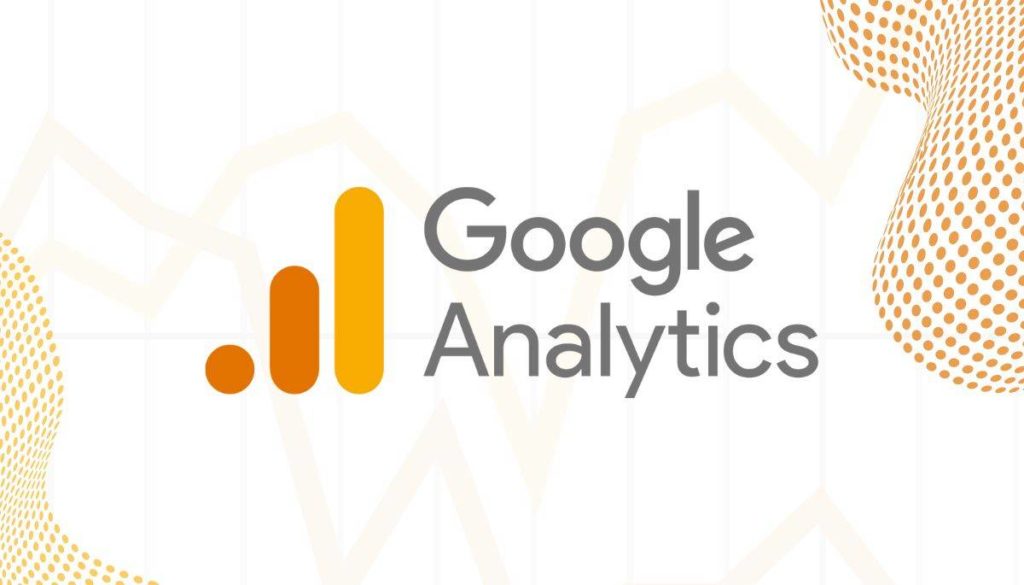
Google Analytics 4 is here, but it’s normal to have many questions. Here’s what you need to know.
Google Analytics has come a long way since its first release. In 2005, Google acquired Urchin and launched Google Analytics. 2007 saw the release of Classic Google Analytics, 2012 saw the introduction of Universal Analytics (GA3), and 2020 saw the release of Google Analytics 4 (GA4). These web analytics services track and report website traffic data, enabling users to understand their website visitors’ behavior and identify trends and patterns.
Today, Google Analytics is the most popular web analytics platform, and more and more users are switching from GA3 to GA4. Compared to previous versions of Google Analytics, GA4 offers more integrations, is more flexible, has cross-platform tracking, and follows a different data model.

Answering Your Questions About Google Analytics 4
If you’re new to Google Analytics 4, you probably have several questions, including:
What Is Google Analytics 4?
Google Analytics 4 is a modern, cross-platform analytics solution that can help you track users and measure your business’ traffic goals and the ROI of your web and social media efforts. Designed to keep up with our quickly changing ecosystem, GA4 provides users with deeper insights.
GA4, previously called Google Analytics App+Web, was built off the backbone of Firebase. It relies on an event-based model rather than a session-based model, helps businesses understand their customers’ journeys (whether on a single platform or across multiple), prioritizes user privacy, and can measure many types of data.
Is Google Analytics 4 Free?
Yes, Google Analytics 4 is free. You won’t have to pay to have tags running on your site or apps, and if you are an Analytics 360 customer, you won’t be double-chared for GA4 hits.
What Is The Difference Between Google Analytics 4 Vs. Universal Analytics?
Both GA3 and GA4 have a lot to offer when it comes to measuring website traffic. However, there are some key differences when comparing Google Analytics 4 vs. Universal Analytics.
Compared to Universal Analytics, GA4 offers an event-based and parameter-based data model, AI-powered insights, a new ID format, advanced analysis tools, cross-platform tracking, purchase probability, codeless event tracking, BigQuery integration, increased privacy, granular user data controls, and reports organized around the customer lifecycle.
Compared to Universal Analytics, GA4 offers:
- An Event-Based And Parameter-Based Data Model: GA3’s data model is based on sessions and pageviews. However, GA4’s model relies on events and parameters, making creating and analyzing reports simple and more intuitive.
- AI-Powered Insights: AI is becoming increasingly commonplace, and GA4 uses the technology well. With the ability to provide AI-powered insights and predictions, GA4 can give you deeper insight into data trends and more accurate predictions. You can even group users based on the likelihood they will make a purchase or churn within the next week to narrow down your focus.
- A New ID Format: Previous versions of Google Analytics used measurement IDs that followed the UA-XXXXXXX-X format. However, GA4 uses the G-XXXXXXXXXX format, so you must use Google Tag Manager or upgrade your tracking code to the gtag.js API.
- Advanced Analysis Tools: With GA4, you can perform advanced analysis and create ad hoc funnels based on specific events or pages. Previously, this capability was only available on the paid GA 360 platform.
- Cross-Platform Tracking: If you link your Firebase Analytics data to GA4, you’ll be able to view, compare, and analyze data from your website and app in one environment.
- Purchase Probability And Churn: You can also group users based on the likelihood they’ll make a purchase or churn within the next week.
- Codeless Event Tracking: In GA3, tracked events need to follow the category-action-label-value schema, but GA4 offers more flexibility in event tracking setup. It will automatically track certain events like scroll tracking, site search tracking, and outbound clicks—no additional coding required.
- BigQuery Integration: BigQuery integration was only available for paying users of GA3, but GA4 offers free BigQuery integration. However, you’ll still need to pay for data use.
- Increased Privacy And Granular User Data Controls: It’s also worth noting that GA4 doesn’t exclusively rely on cookies and won’t store IP addresses. You can also minimize the collection of user-level data, use consent mode, and take advantage of GA4’s improved data deletion capabilities.
- Reports Organized Around The Customer Lifecycle: GA4 offers reporting framed around the customer lifecycle so you can quickly drill down into specific parts of the customer journey.
Is GA4 Replacing Universal Analytics?
Yes, GA4 will replace Universal Analytics. You can still use Universal Analytics, but Universal Analytics will stop collecting data and processing new hits on July 1, 2023. For another six months after that, you’ll be able to access previously processed GA3 data, but GA3 will eventually be completely phased out.
Should I Use Google Analytics 4?
While Universal Analytics will remain available until 2023, it’s still worth switching to Google Analytics 4 sooner rather than later. If you start using GA4 today, you can run GA3 and GA4 in tandem as you get used to GA4 and as GA4 continues to mature. Plus, with both GA3 and GA4 in use, you’ll gain a more complete understanding of your customers’ lifecycle across various platforms and sessions and the ROI of your marketing efforts.
How Do I Move To GA4?
If you set Google Analytics up after October 14, 2020, chances are you’re already using GA4. However, if you set it up before October 14, 2020, you likely created a GA3 property and need to switch to GA4.
To create a GA4 property based on your current property’s configuration, click the upgrade button on the admin page. Then, follow along with Google Analytics’ setup wizard. Depending on your current setup, you may need to enable data collection using Google Tag Manager by generating and configuring a Measurement ID.
You’ll also want to export data from your Universal Analytics property. You can share or export individual reports into several formats, including TSV, TSV for Excel, XLSX, PDF, Google Sheets, and CSV, or export data using the Google Analytics Reporting API. If you’re a Google Analytics 360 customer, you can export data to BigQuery.
Upping Your Marketing Game
GA4 is the future of analytics. With cross-platform capabilities, AI-powered insights, advanced analysis tools, increased privacy, enhanced integrations, and more, GA4 can change how you market your business. Not only will you have more information, but you’ll also be able to act more effectively thanks to GA4.
However, even with GA4’s help, digital marketing is no easy task. There’s a lot of competition, but Dine Agency can help you stand out from the crowd. Whether your business needs help with rebranding, website development, or social media marketing, Dine Agency has you covered. Learn more about our services and expertise.


